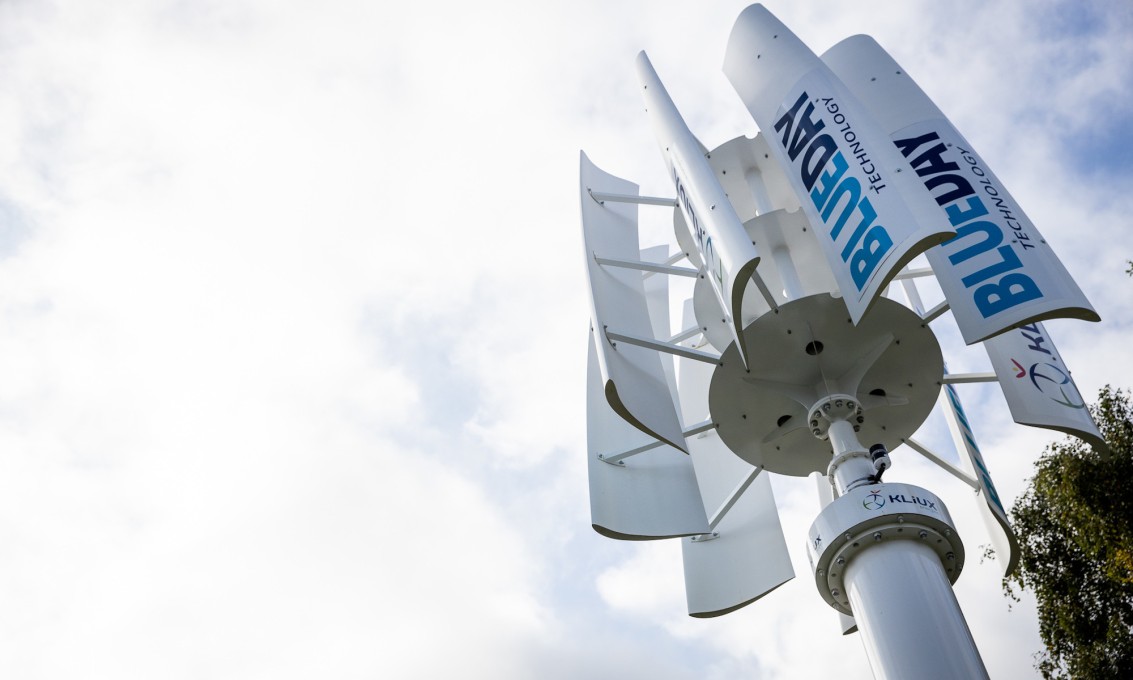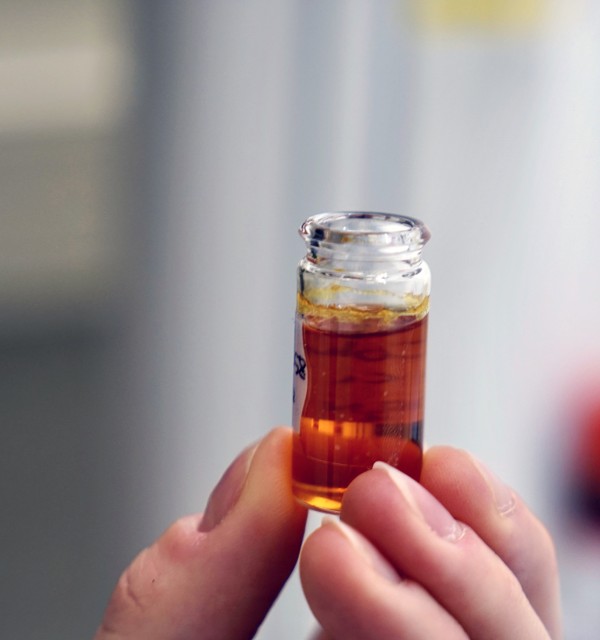The Faculty of Science and Technology at UiS has several laboratories within the field of sustainable energy systems. Here is an overview of relevant equipment and facilities.
These study programs use the laboratories in teaching:
- Maskiningeniør – bachelor (in Norwegian)
- Batteri- og energiteknologi – bachelor (in Norwegian)
- Energi- og petroleumsteknologi – bachelor (in Norwegian)
- Master of Science in Petroleum Engineering
NanoCatalysis Lab
The NanoCatalysis lab is well equipped with facilities for catalyst preparation, characterization and activity test. It is aimed for research in technologies for oil and gas conversion, petrochemistry, H2 production, CO2 conversion, as well as other energy and environmental related processes.
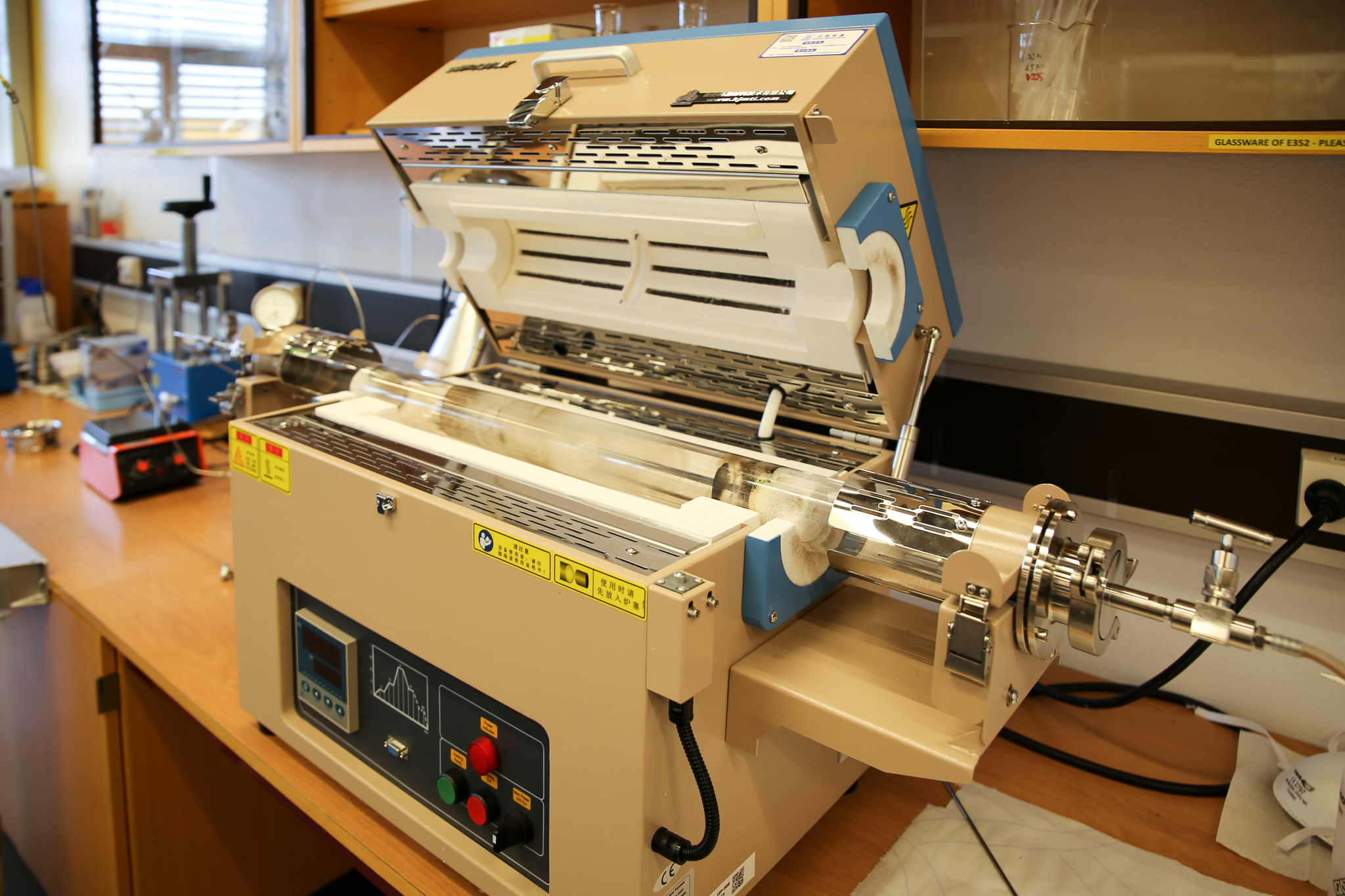
På laboratoriet kan man preparere heterogene katalysatorer ved hjelp av ulike metoder for ulike prosesser, og utføre aktivitetstester i ulike skalaer. Fasilitetene benyttes både til forskning og undervisning.
Contact person: Zhixin Yu
Battery technology
The battery technology laboratory is under construction and will be equipped for battery research. It will be used in teaching contexts, including by students on the Battery and Energy Technology Programme.

Button batteries can be assembled in the glove box with a variety of electrodes, electrolytes, separators and anodes, and the completed battery will be tested for various properties.
Contact person: Dagfinn Søndenaa Sleveland
Hydrogen
Hydrogen is an efficient, eco-friendly energy carrier and will be an important contributor to sustainable energy development. The laboratory is used to conduct research into the production of both blue (fossil sources) and green (renewable sources) hydrogen, and with the help of a micro gas turbine users can look at, for example, the use of hydrogen for heat and electricity production.
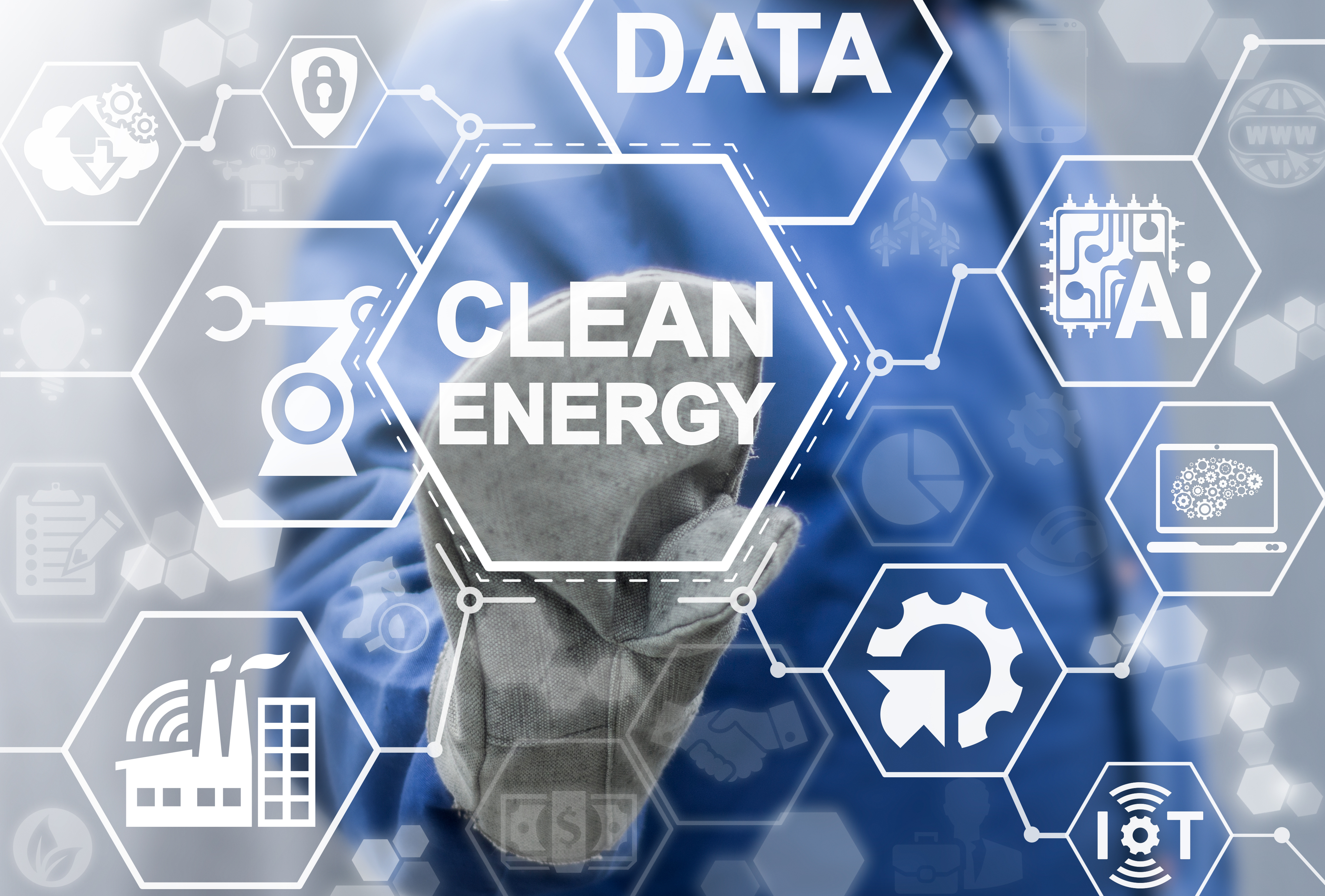
The focus areas include refining combustion technology, as well as system modelling and analysing combustion processes. Hydrogen reformer HyGear 50 will be installed at Risavika, and is planned to produce hydrogen for the micro gas turbine test. Also an electrolyser from H2 Core will be operated at Risavika, with green hydrogen capacity of one cubic meter per day, that will be stored in bottles and preliminary be used to fuel PEM fuel cell.The laboratory’s activities include various research projects, in collaboration with external stakeholders such as DLR and Equinor.
Contact person: Mohsen Assadi
Heat pumps
A heat pump can be a good, eco-friendly alternative to heating using electricity and fossil energy sources. Research into heat pumps is, therefore, important for the green transition. Carbon dioxide is an eco-friendly alternative to conventional working media in heat pumps and the laboratory is, therefore, looking at heat pumps that use supercritical carbon dioxide as a medium.
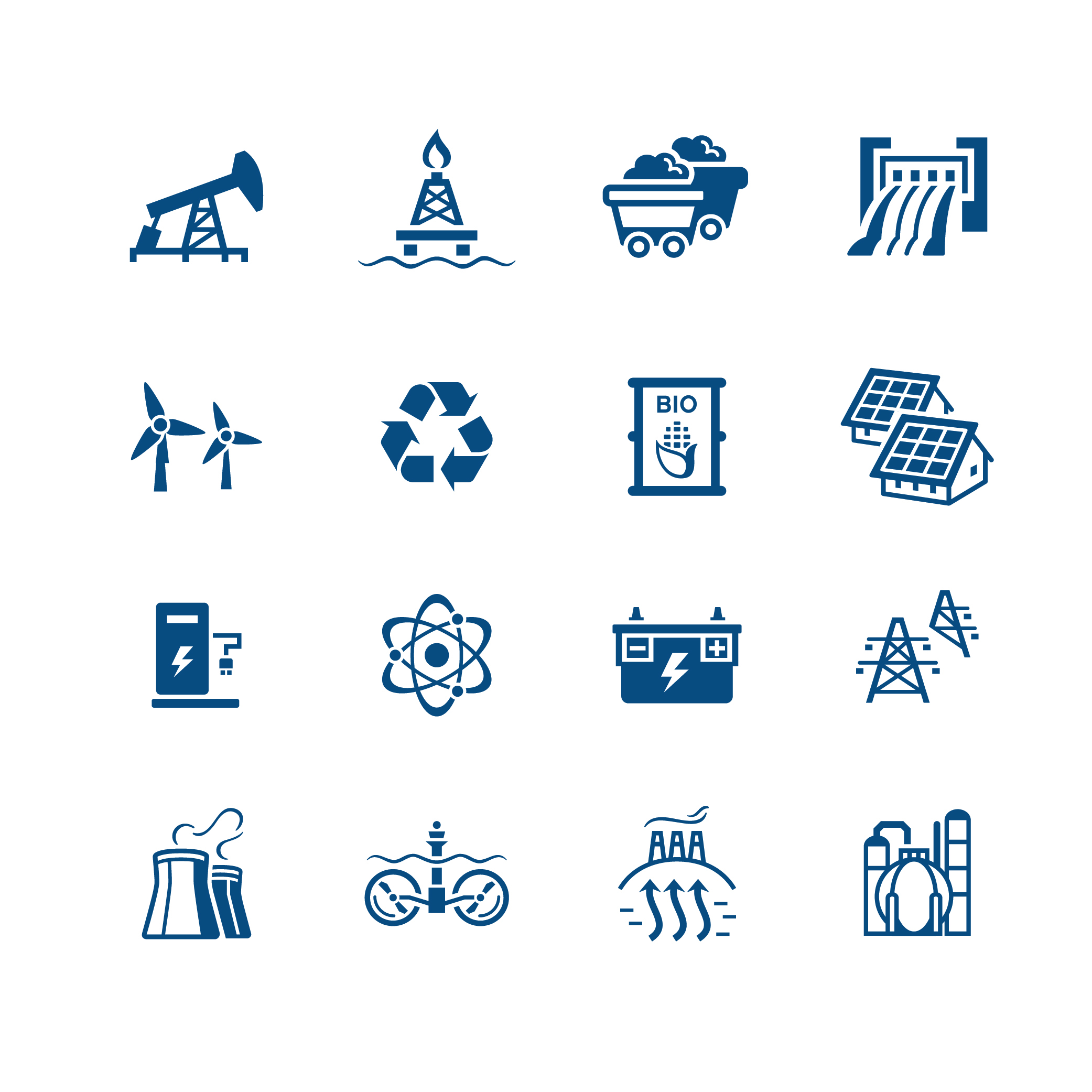
The heat pump is equipped for research and provides detailed operating data that enables system modelling, validation and performance analyses. The unit will be connected to geothermal wells as a heat source and heat sink (passive heat exchanger) in the near future.
Contact person: Mohsen Assadi
You might also be interested in:
Impact Case: Eco-Friendly Hydrate Inhibitors: From University Research to Industry Innovation
Eco Inhibitors, a spin-off from the University of Stavanger, has brought breakthroughs to the oil and gas industry with ...
Waste Heat Energy Integration, Storage and Utilization
Heating and cooling in buildings and industry are responsible for half of energy consumption in Europe. They have also p...
First gas turbine powered by pure hydrogen
Researchers at the University of Stavanger (UiS) have managed to run a gas turbine on 100 percent hydrogen.
Solar Energy Research Group
Solar Energy Research Group seeks to overcome barriers to world solar adoption by connecting solar energy researchers fr...
Wind turbine and solar cells on campus
Spring of 2019, a wind turbine was lifted into place and installed on the Ullandhaug campus. Solar cells have already be...
Integrated solar panels in walls and roofs can be efficient power sources
“Norway’s cold climate is very suitable for building-integrated photovoltaics,” says researcher Hassan Gholami. He compl...
What does it take to succeed with the energy transition?
Green transition and sustainable development is all about using resources smarter and more efficiently. The researchers ...
